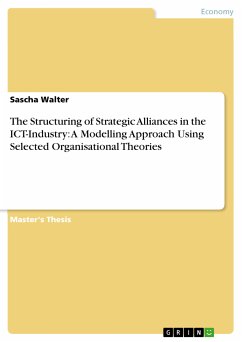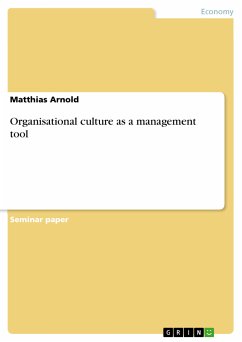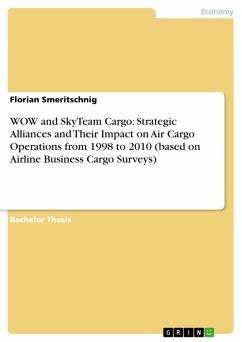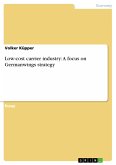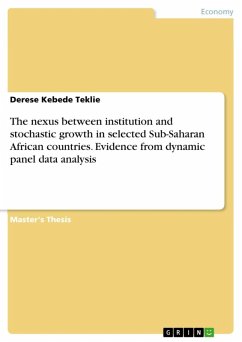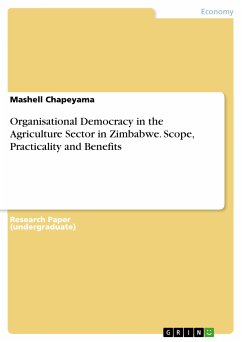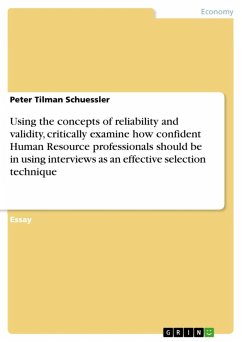Master's Thesis from the year 2002 in the subject Leadership and Human Resources - Miscellaneous, grade: 1,0 (A), Bielefeld University (Applied Computer Science), language: English, abstract: This study examines what factors determine the choice of governance structure made by alliance partners in the ICT-industry. First, the explanatory power of the transaction cost theory, the resource-based view, the structural contingency approach, strategic choice theory, resource dependence theory, organisational ecology and principal agent theory to answer this question is surveyed. A deeper analysis using transaction cost theory, resource-based view and structural contingency approach is employed to develop three models of alliance structuring. Propositions related to the models are then tested on a sample of 101 strategic alliances in the ICT-industry. The findings suggest that there exist five influential factors: (1) the existence of alliance-specific investment by the partners, (2) the number of functional areas contained by the alliance, (3) a limited duration of the alliance, (4) the type of resources contributed by the partners, and (5) uncertainty of the tasks of the alliance. These factors are then recombined to form one integrated model. The success of this approach and the usefulness of such a modelling approach in general are discussed alongside future directions for research.
Dieser Download kann aus rechtlichen Gründen nur mit Rechnungsadresse in A, B, BG, CY, CZ, D, DK, EW, E, FIN, F, GR, HR, H, IRL, I, LT, L, LR, M, NL, PL, P, R, S, SLO, SK ausgeliefert werden.

